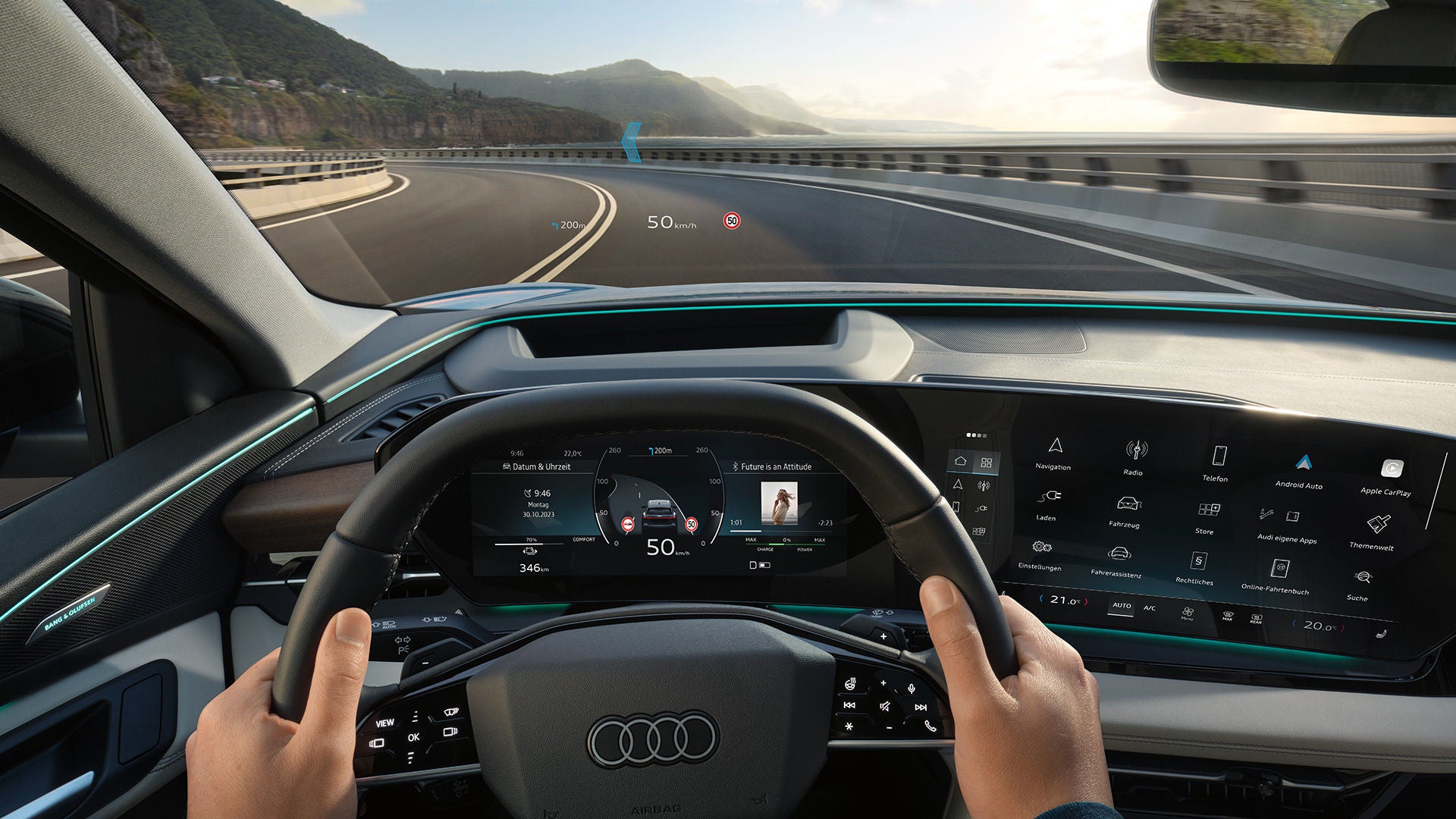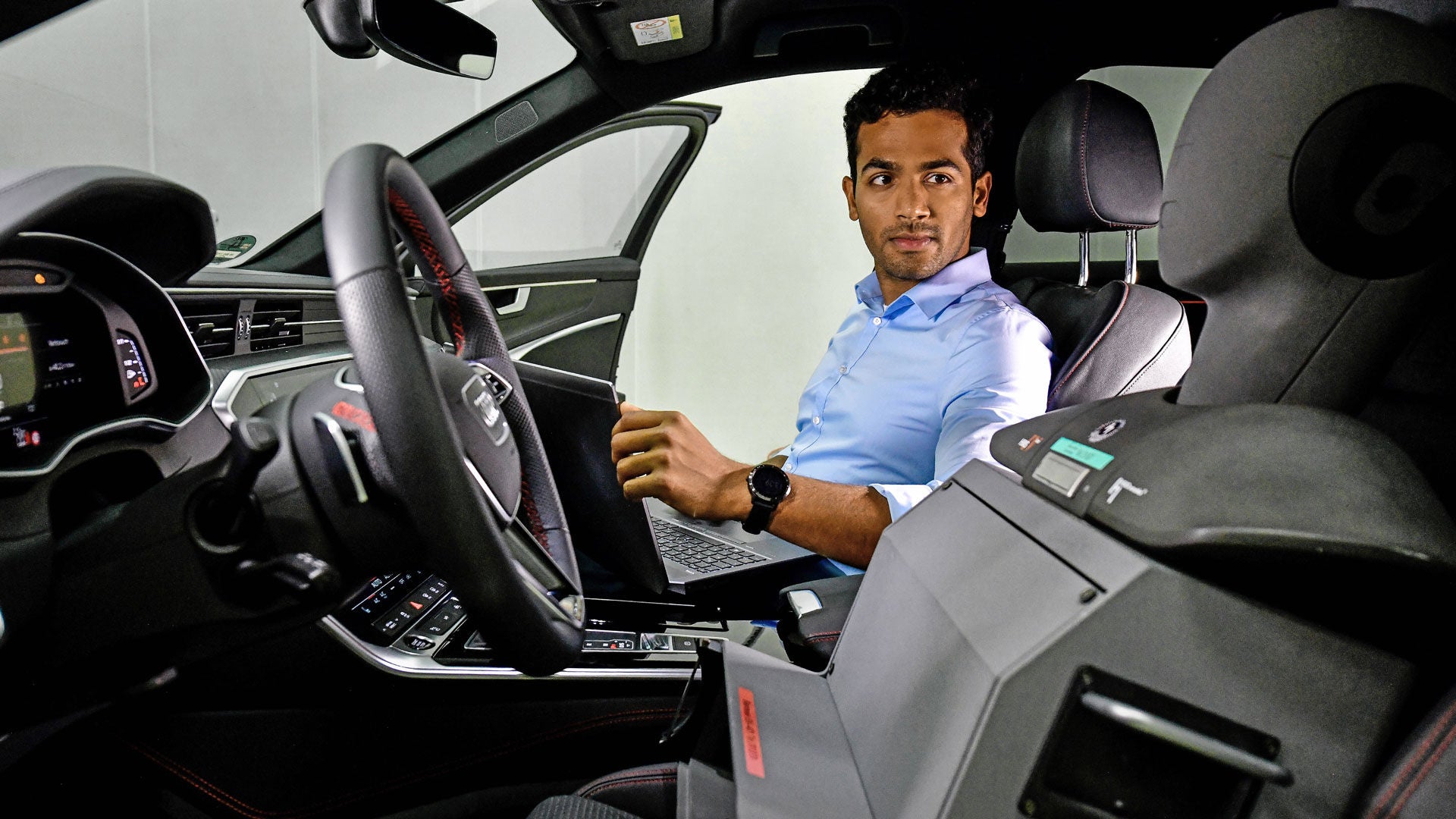.jpg)
Innovation
Audi is changing. Continuously. Discover here how our innovations ensure "Vorsprung durch Technik," how modern technology and progressive thinking characterize Audi, which processes are behind them and how our engineers work to further develop the existing.
.jpg)






